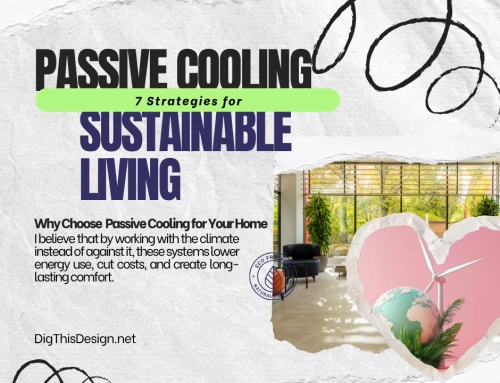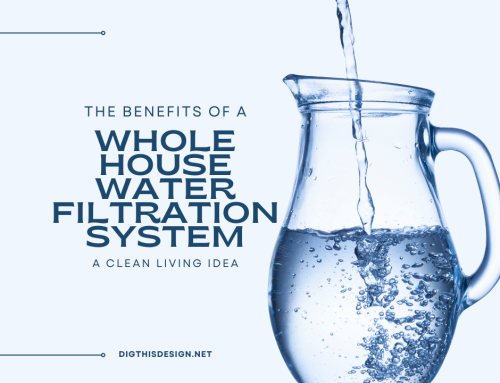Create an Energy-Efficient Home: Explore 4 Power-Packed Upgrades for Savings and Sustainability. From smart appliances to eco-friendly HVAC solutions, discover essential strategies to enhance efficiency, slash utility costs, and qualify for valuable tax incentives. Join us on a journey toward a greener, more cost-effective living space.
5 Ways to Save Energy-Efficient Home Costs
Replace Your Light Bulbs
Small changes like replacing traditional light bulbs with energy-efficient home upgrades can greatly impact your electricity bills. Lighting typically accounts for 15% of a home’s energy use, so reducing your usage can lead to significant savings.
Opt for LED or compact fluorescent bulbs, which are more efficient and have a longer lifespan than traditional incandescent bulbs. They cost more upfront but last much longer and save on electricity costs.
When you’re purchasing a product, make sure to look for the ENERGY STAR certification on the packaging. You may also be eligible for rebates at your local retailer or with your energy company. CFLs contain a small amount of mercury, so be sure to dispose of them properly when they need to be replaced.
These energy-efficient upgrades can help you reduce your utility bills and add value to your home. As the financial climate tightens and buyers become more focused on sustainability, minimizing your home’s carbon footprint can be a great selling point when you decide to move.
Upgrade Your Appliances
The appliances in your home can be major energy hogs. Fortunately, you can lower your electricity bills by upgrading to new, energy-efficient appliances and machines. It could include replacing your refrigerator, washer, and dryer with models rated for energy efficiency. It might cost more upfront, but most energy-efficient appliances and machines pay for themselves in electricity savings over time.
Similarly, you can also save on your water costs by installing low-flow toilets and showerheads. Many of these upgrades, including programmable thermostats and solar panels, are eligible for rebates from New York State and federal tax credits.
Energy-Efficient Home Renovations
Investing in energy-efficient upgrades can improve your comfort, boost your home’s value, and help reduce environmental impacts. When considering energy-saving upgrades, conducting a cost-benefit analysis and talking to a real estate professional is important. It will ensure you make the best decisions for your property. If you’re looking to add an extra room, make sure your contractors consider implementing energy-efficient features in the design of your addition.
Upgrade Your HVAC System
Besides saving energy, a new HVAC system will help reduce greenhouse gases and positively impact the environment. Many HVAC systems have advanced air filtration and purification technology that eliminates pollutants, allergens, and pathogens from your home’s indoor air.
Upgrading your HVAC system is a wise investment that will provide cost savings and enhance the comfort and value of your home.
A smart programmable thermostat and additional insulation will increase your home’s energy efficiency. These upgrades are cost-effective and qualify for tax rebates, making them even more appealing.
Add Insulation
Most homeowners think of insulation as that pink stuff hiding in walls and attics, but it is a crucial home energy upgrade to lower utility bills. It inhibits heat transfer during cold winter and helps trap cool, conditioned air during summer. It will reduce your need to run your HVAC system frequently and for as long as possible.
Insulating your home is an affordable and effective way to boost energy efficiency. Adding insulation is a relatively easy DIY project, but it depends on the size of your home and how much insulation you currently have. Newer homes are usually better insulated than older ones because building codes have become more energy efficient.
Conclusion
As the climate change crisis worsens, more consumers focus on sustainability. In addition, potential homebuyers will appreciate that your property is environmentally friendly. These energy-efficient upgrades will minimize your carbon footprint and lower your utility bills. Ultimately, this will create a more sustainable future for the planet.
Other posts you might enjoy:
An Energy-Efficient Home Saves You and the Planet
Sustainable Construction Mastery: 8 Dynamic Practices for Building Green Homes





